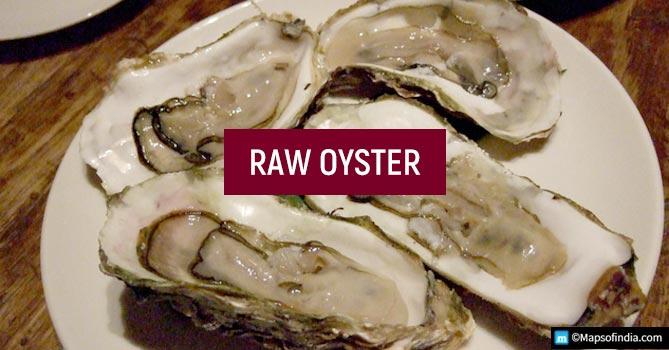Sustainable seafood means seafood that has been fished with minimal harm to the marine ecosystem in a responsible, eco-friendly way in fish farms. It is a devoted movement to protect oceans and marine life. It is no secret that the commercial fish industry has been harming the ocean environment for ages now.
According to a report, one-third of our world’s fish stock gets overexploited, and tonnes of plastic waste and toxic chemicals are dumped into the ocean every day. Today, there is more plastic in our oceans than there are stars in the night sky! The number would genuinely shock us if only we could see stars through the polluted skies. As humans grow more and more ignorant of their actions and their effects on the environment, the worse it gets for wildlife, more so for marine life.
Many animals such as sea turtles, dolphins, porpoises and even large predators like sharks find themselves ingesting these plastic wastes, which leads to them choking to death or getting their fins tangled. Although brands like Starbucks have started noticing this immense problem and small steps in the right direction are being made every day. We are far from a sustainable seafood environment that benefits not only the ocean but also humans.
It would be highly unrealistic to expect everyone on the planet to wake up and stop eating seafood. Instead, everyone can make small changes in their diets. Every little bit counts; after all, even the ocean consists of tiny drops of water.
Here‘s how you can help the ocean while enjoying your favourite seafood:
• Diversifying your palette
A well-known fact of overexploitation for seafood is the demand of certain fishes more than others. For example, popular items like shrimp or oysters get over-exploited while other seafood remains in abundance. It leads to the depletion of the ocean resources of certain species. Instead of this, not picking and eating whatever is available at your local seafood Market should be practised.
• Buy local and seasonal
Local fishes or whatever is available in your area should be chosen over imported items. Whatever fishes are available during a particular season, try incorporating them in your meal. Buying local enables you to know just where your food comes from, how healthy or clean it is, which is good for the environment and the consumer.
• Stay away from rarities
Rare fishes that aren’t easy to acquire come at a tremendous cost to the environment. They’re endangered due to the high demand and low populations. Fishes such as the Bluefin Tuna, Atlantic crabs are on the endangered list.
Although to maintain the marine ecosystem and its balance, it is necessary to be intelligent, responsible and efficient with our consumption of seafood. If more and more consumers show interest in ethical practices, the companies will have to comply.




